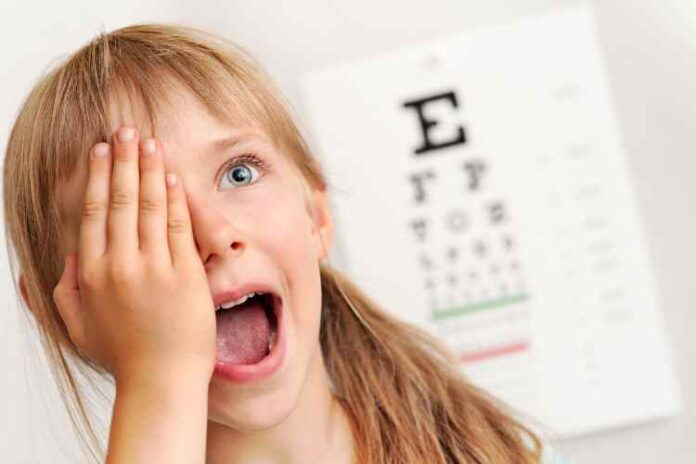It is reported that over 13 million Australians have a vision disorder. From long-sightedness to blurred vision, individuals face several vision problems in their lifetime. This is exceptionally high in large cities, and Sydney is on the list too.
Your eyes are one of the most critical organs in your body. They help you see the world around you, yet individuals often take them for granted. Regular eye exams are vital to maintaining better eye health and preventing vision loss. In this article, you will understand the top signs that indicate it’s time to schedule an eye exam in Sydney.
1.Blurred Vision
Blurry vision can indicate various eye conditions, including near-sightedness, farsightedness, astigmatism, or even more severe conditions like cataracts, glaucoma, or macular degeneration. If you notice that your vision is blurry, it’s essential to schedule an eye exam in Sydney to determine the cause.
2.Eye Strain and Headaches
If you spend a lot of time staring at a computer screen or other digital devices, you may experience eye strain and headaches. This can be a sign that you need glasses or that your current prescription needs to be updated. An eye exam can help determine the cause of your symptoms and provide solutions to alleviate them.
3.Difficulty Seeing at Night
If you have trouble seeing in low light conditions, such as when driving at night, it could be a sign of cataracts or other eye conditions. An eye exam can help diagnose the problem and provide solutions to improve your night vision.
4.Eye Pain or Discomfort
Eye pain or discomfort can be caused by various factors, including infections, allergies, or even glaucoma. If you experience eye pain or discomfort, you must consult a doctor as soon as possible to determine the cause and prevent further eye damage.
5.Family History of Eye Conditions
If you have a family history of eye conditions, such as glaucoma or macular degeneration, visit the eye clinic regularly to catch any potential problems early on. Early detection is critical to preventing vision loss and maintaining good eye health.
How to Find the Right Eye Doctor?
Finding the right eye doctor can be daunting, but ensuring that your eyes are in good hands is vital. Here are some suggestions to help you find the right eye doctor:
Ask for Recommendations
Ask your family, friends, or primary care physician for recommendations. They may be able to recommend an eye doctor they have had a positive experience with.
Check Credentials
Ensure the eye doctor is licensed and certified by checking with the state board of optometry.
Check Experience
Look for an eye doctor with experience in the specific area you need help with. For example, if you have glaucoma, look for an eye doctor who has experience in treating glaucoma.
Check Reviews
Look for reviews of the eye doctor online. Websites allow patients to leave reviews and ratings of their doctors.
Visit the Office
Visit the eye doctor’s office before scheduling an appointment. This will give you an idea of the office’s cleanliness, professionalism, and overall atmosphere.
If you experience any signs mentioned in this article, visit the eye doctor immediately to determine the cause and prevent further eye damage. Remember, prevention is critical to maintaining good eye health throughout your life. So, don’t wait; schedule your appointment today!
